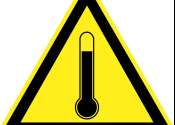High air pollution in Denmark may impact children's academic performance
Pollution from traffic, farming and wood stoves may have a negative effect on children's cognitive development, according to a new study published in Environment International on Danish students' performance in the lower ...









